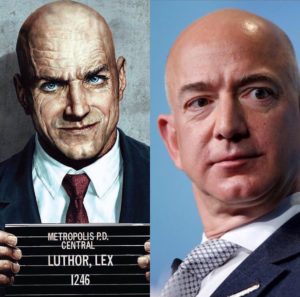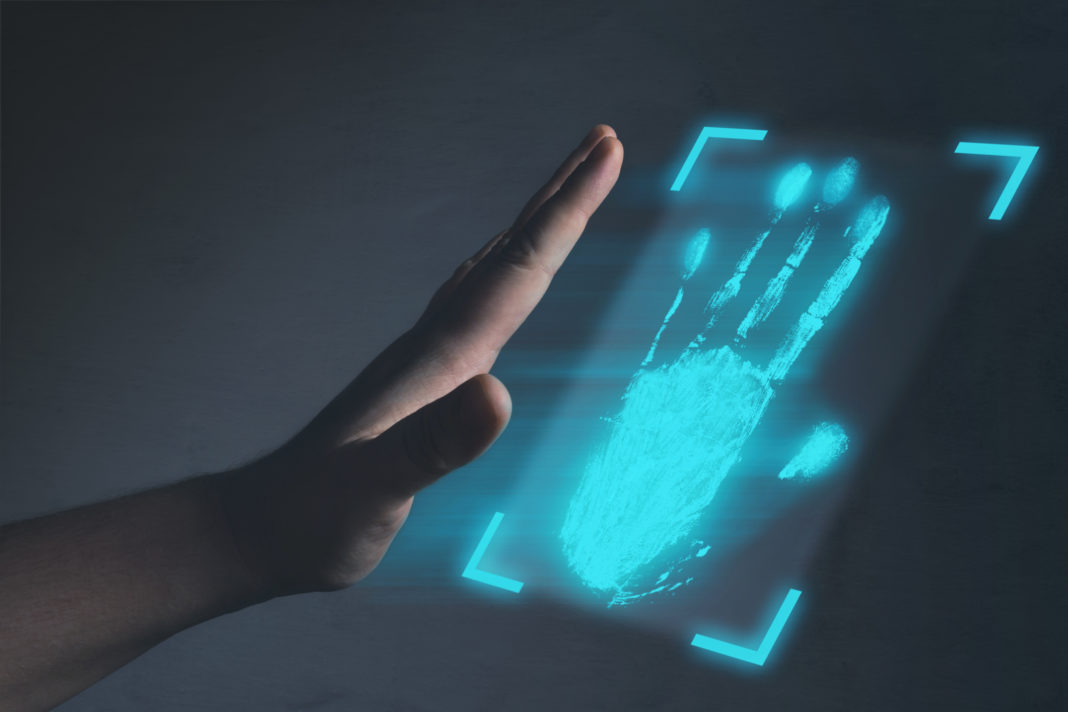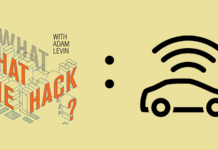Corporate megalith Amazon.com recently rolled out a line of palm print scanners to its brick and mortar stores. The concept is straightforward with a futuristic twist.
To pay, you need only wave your hand over the scanner–no cash or card required. To entice customers into the program, Amazon is offering ten dollars in store credit in exchange for their palm prints.
In case you missed the record scratch moment: In exchange for your biometric data, the world’s largest online retailer, with over 113.1 billion dollars in reported revenue in the last quarter alone, is offering ten dollars in credit to one of its stores.
You have to assume they are going to save money on the fraud patrol front, since a palm scan is not as easily spoofed or stolen as easily as a card number and it doesn’t require the bank run or Brink’s contract needed for cash operations.
Again: ten bucks a dollar per finger (for most of us). Five dollars a hand. For context, ten dollars is .000000005405 percent of Amazon founder Jeff Bezos’s wealth.

Amazon-owned Whole Foods has some deals for you, if you opt into Lex Luthor-wannabe Jeff Bezos’ ten dollars giveaway. This week you can get:
- 10 boxes of Annie’s Mac & Cheese
- Almost one hot Whole Herbed Chicken Pizza
- Two packs of smoked apple and sage plant-based sausages
- Two bags of tangerines.
Your palm and fingerprints are, without major intervention, immutable. By taking the ten bucks, you’re giving Amazon discrete data that can be used for the rest of your life. Change your name, your password, but keep your biometric data to yourself in a connected environment yokes together the likes of Whole Foods, Audible.com, ComiXology, Woot, Goodreads, CreateSpace, eero, Health Navigator, Ring, Souq, Twitch, Zappos and others.
And while it is not a giant issue (today), there is also the possibility of fraud. Finger and hand prints are at least theoretically spoofable.
The takeaway: Your data is valuable. If it wasn’t, cybercriminals wouldn’t be actively selling it on the dark web, mobile phone apps wouldn’t be trying to track your every movement, and Jeff Bezos wouldn’t have the dough to launch himself into space.
It’s worth more than two bags of tangerines.










